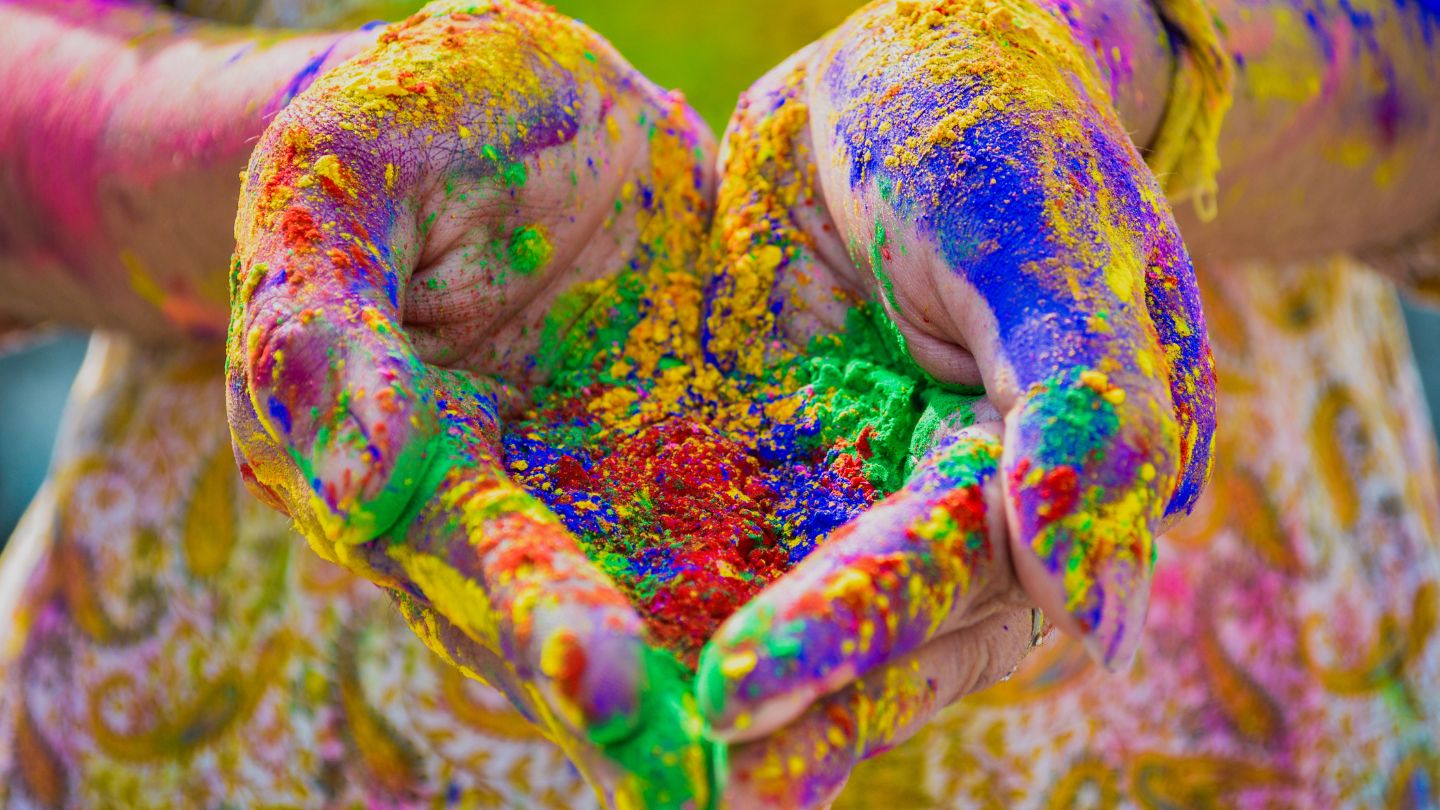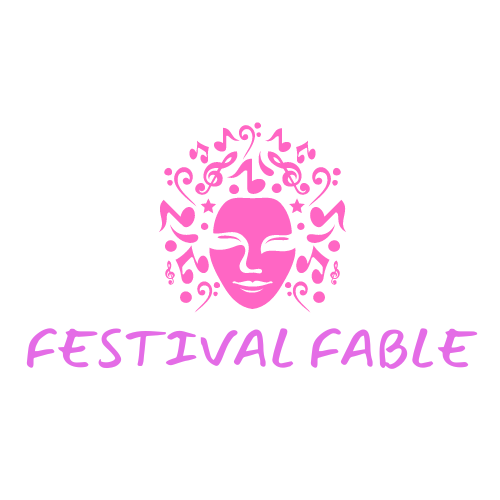The diverse cultural tapestry of our world is best appreciated through the vibrant and colorful festivals celebrated by different communities. Every culture boasts one or more unique celebrations that play an essential role in shaping both their collective identity and our understanding of them. From religious ceremonies to historical commemorations, let us embark on a journey to explore some of the most famous world festivals and unravel the profound meanings behind these exuberant events.
A Window into Diverse Traditions and Histories
Festivals offer invaluable insights into various aspects of a community’s traditions, rituals, and history. They showcase shared beliefs, customs, and values, allowing people from other cultures to develop an appreciation for global diversity. By examining the origins and significance of these festivities, we can better understand the rich tapestry of human experiences and expressions.
While some festivals are tied to specific regions or countries, others transcend geographical boundaries and bring people together from across the globe. These international events highlight the universal appeal of certain themes and messages which resonate with diverse populations, inevitably fostering greater empathy and connection between communities.
Religious Festivals: Celebrating Shared Beliefs
Many well-known festivals have deep religious roots and serve as important occasions for communities to come together in worship and reflection. By participating in time-honored rituals, attendees reaffirm their faith and strengthen bonds with fellow believers.
For example, during the Hindu festival of Diwali, millions of people worldwide light lamps and candles to symbolize the triumph of light over darkness and good over evil. In Christianity, Easter represents new life through the resurrection of Jesus Christ and is marked by church services, egg hunts, and feasts. Meanwhile, Muslims observe Ramadan by fasting from dawn to dusk, culminating in the celebratory feast of Eid al-Fitr. These diverse religious festivals showcase the many ways which individuals connect with their faith on a spiritual and communal level.
Historical Festivals: Commemorating Pivotal Moments
Festivals are often held to remember significant historical events or pay tribute to legendary figures from a nation’s past. These commemorations serve as powerful reminders of shared cultural heritage and cultivate a sense of national pride among participants.
One such example can be found in the United States during Thanksgiving celebrations. The holiday harkens back to the Pilgrims’ first successful harvest in 1621 and is now marked by family gatherings, sumptuous feasts, and expressions of gratitude. Similarly, France observes Bastille Day on July 14th to commemorate the storming of the Bastille prison in 1789, an event that ushered in the French Revolution and ultimately led to the demise of the Bourbon monarchy.

Embracing the Fusion of Ancient and Modern Elements
In our ever-evolving world, it is fascinating to observe how traditional cultural practices meld seamlessly with contemporary influences to create unforgettable spectacles. At the heart of these festivals lies a fusion of ancient customs and modern sensibilities, proving that even the most deeply rooted traditions can adapt and thrive in a dynamic, globalized society.
Carnival: A Colorful Collision of Cultures
The annual Carnival festivities celebrated in numerous countries across the globe epitomize this blend of old and new. With roots in ancient Roman and Christian traditions, modern-day Carnivals encompass an exhilarating mix of music, dance, costumes, and pageantry. Drawing inspiration from local cultures and international styles, these events manage to uphold their rich histories while still evolving to captivate contemporary audiences.
Perhaps the most famous example of this phenomenon is the Rio de Janeiro Carnival in Brazil, where exuberant samba parades and street parties dominate the scene. Carnival in Trinidad and Tobago features a melange of African rhythms, Creole customs, and Hindu practices, reflecting the island nation’s diverse heritage. These vibrant celebrations illustrate the beauty of the fusion between traditional and modern influences in world festivals.
Uniting Communities through Shared Experiences
Festivals create invaluable opportunities for people to connect on an emotional, cultural, and even spiritual level, fostering solidarity within communities as well as promoting intercultural dialogue. As attendees collectively partake in rituals, enjoy performances, or simply revel in the spirit of the event, they forge deep connections that transcend language barriers and cultural differences. These shared experiences not only help individuals find common ground but also encourage tolerance, understanding, and appreciation for the countless ways humans express themselves through culture and tradition.
Dynamic Symbols of Global Resilience
In recent years, many world festivals have demonstrated remarkable adaptability and resilience amidst global challenges such as natural disasters, political turbulence, and pandemics. Countless events have been reimagined through innovative formats, embracing technology to engage audiences under unprecedented circumstances.
Some examples include Glastonbury Festival’s virtual live stream in 2020, Diwali celebrations adapted for social distancing, and virtual processions substituting Spain’s Holy Week processions during the Covid-19 pandemic. Each of these scenarios exemplifies the incredible resourcefulness and tenacity of humankind when faced with adversity, further emphasizing the importance of maintaining our cultural traditions and strengthening global connections despite external disruptions.
Deepening Our Understanding of World Festivals
This guide serves as a humble window into the diverse world of cultural celebrations, aiming to inspire curiosity and encourage respectful engagement with various traditions. As we delve deeper into the histories and meanings behind these events, we enrich our understanding of what makes each culture unique and unveil valuable insights that connect us all on a profound level. In doing so, we nurture an appreciation for global diversity and contribute to building a more empathic and inclusive world.
